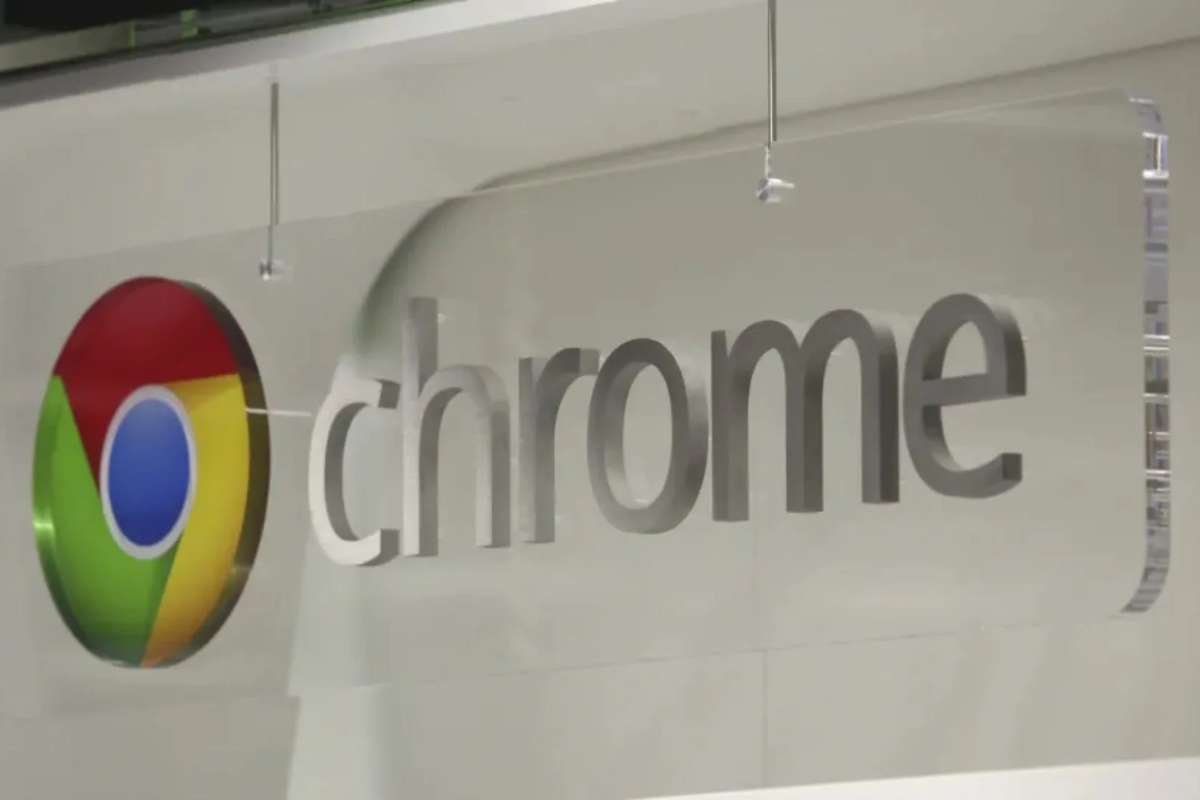DOJ's Google Antitrust Action: Will It Damage User Trust?

Table of Contents
The DOJ's Case Against Google: Key Allegations
The DOJ's lawsuit against Google centers on allegations of anti-competitive practices that stifle innovation and harm consumers. The core argument is that Google leverages its dominant position in the search engine market to maintain its monopoly through monopolistic practices, harming competition and ultimately, users. Specific examples cited by the DOJ include:
- Search bias favoring Google's own products: The DOJ claims Google prioritizes its own products and services (like Google Maps, Google Shopping) in search results, giving them an unfair advantage over competitors. This search bias allegedly manipulates search rankings to benefit Google's bottom line rather than providing users with the most relevant results.
- Anti-competitive agreements with mobile carriers and device manufacturers: The lawsuit alleges that Google entered into exclusive agreements, preventing competitors from being pre-installed on Android devices. This significantly limits consumer choice and hinders the growth of rival search engines. These anti-competitive agreements effectively lock in Google's dominance.
- Restrictive practices against competing search engines: The DOJ argues that Google employs various tactics to discourage the use of rival search engines, thereby solidifying its market share. This includes preventing competitors from accessing essential data and tools.
These Google's business practices, according to the DOJ, constitute unlawful monopolistic practices and a significant threat to fair search engine market share.
Google's Defense and Counterarguments
Google vigorously contests the DOJ's allegations, arguing that its success is a result of providing superior services and innovation, not anti-competitive behavior. Their defense rests on several key points:
- Claims of providing superior services and innovation: Google insists its products are preferred by users because they are better, faster, and more innovative than the competition. They claim their algorithms provide the most relevant search results, benefiting consumers.
- Arguments against the definition of the relevant market: Google challenges the DOJ's definition of the relevant market, arguing it's too narrowly defined and doesn't accurately reflect the broader competitive landscape encompassing various online services.
- Emphasis on consumer choice and benefits: Google highlights the extensive choice available to consumers, emphasizing that they can use alternative search engines and services if they choose. They argue that their actions ultimately benefit consumers through innovation and better products.
Google's antitrust defense focuses on maintaining their position through merit and innovation, refuting claims of intentional competition arguments suppression.
The Impact on User Trust: Perceived and Actual
The DOJ's lawsuit, regardless of its outcome, has the potential to significantly impact user trust in Google. The mere existence of the allegations raises concerns about the neutrality and impartiality of Google's search results.
- Erosion of trust in search results neutrality: The accusations of search bias have already led some users to question the objectivity of Google's search algorithm, impacting their confidence in the results they receive.
- Potential for decreased use of Google services: Negative publicity surrounding the lawsuit could lead some users to switch to alternative search engines, even if temporarily, in protest or out of concern.
- Impact on Google's brand reputation: The ongoing legal battle could damage Google's reputation and erode public perception of the company as a fair and unbiased provider of information.
The potential for long-term damage to Google's brand reputation and the resulting effect on consumer confidence is a significant concern. The impact on users extends beyond simply choosing a different search engine; it challenges the fundamental trust needed for a successful digital ecosystem.
Potential Outcomes and their Implications for User Trust
The outcome of the DOJ's lawsuit could significantly impact user trust and the broader search engine market. Several possibilities exist, each with different implications:
- Impact of fines on Google's operations and user services: Large fines could force Google to cut costs, potentially impacting the quality and range of its services.
- Effects of structural changes on the search engine landscape: If the court orders structural changes, such as forcing Google to divest certain assets, the search engine market could become more competitive, potentially benefiting users.
- Consequences of behavioral remedies on user experience and choice: Behavioral remedies could force Google to change its algorithms and business practices, potentially leading to improved neutrality and greater user choice.
The antitrust remedies imposed, regardless of form, will undeniably influence the future of search and the level of competition effects observed.
Conclusion: The Future of Google and User Trust After the Antitrust Action
The DOJ's Google antitrust action presents a complex challenge. While the DOJ raises legitimate concerns about anti-competitive practices and the potential impact on user trust, Google counters with arguments about innovation and consumer choice. The ultimate impact on user trust will depend heavily on the outcome of the lawsuit and the subsequent actions taken by Google and its competitors. Will the DOJ's action ultimately damage user trust in Google? Only time will tell. However, it's crucial for users to stay informed about this developing situation and form their own informed opinions. We encourage you to further research the DOJ's Google antitrust action and explore resources available online to better understand the implications of this landmark case.

Featured Posts
-
 Find The Winning Numbers Lotto Results For Wednesday April 16 2025
May 08, 2025
Find The Winning Numbers Lotto Results For Wednesday April 16 2025
May 08, 2025 -
 Gha Opposes Jhl Privatization Plan Key Concerns And Arguments
May 08, 2025
Gha Opposes Jhl Privatization Plan Key Concerns And Arguments
May 08, 2025 -
 Wlyme Ky Khwshy Ghm Myn Bdly Gjranwalh Myn Dlha Jan Bhq
May 08, 2025
Wlyme Ky Khwshy Ghm Myn Bdly Gjranwalh Myn Dlha Jan Bhq
May 08, 2025 -
 Warfare On Screen 5 Movies That Capture The Human Cost Of Conflict
May 08, 2025
Warfare On Screen 5 Movies That Capture The Human Cost Of Conflict
May 08, 2025 -
 Gm Accused Of Using Us Tariffs To Reduce Canadian Operations Auto Analyst Report
May 08, 2025
Gm Accused Of Using Us Tariffs To Reduce Canadian Operations Auto Analyst Report
May 08, 2025
